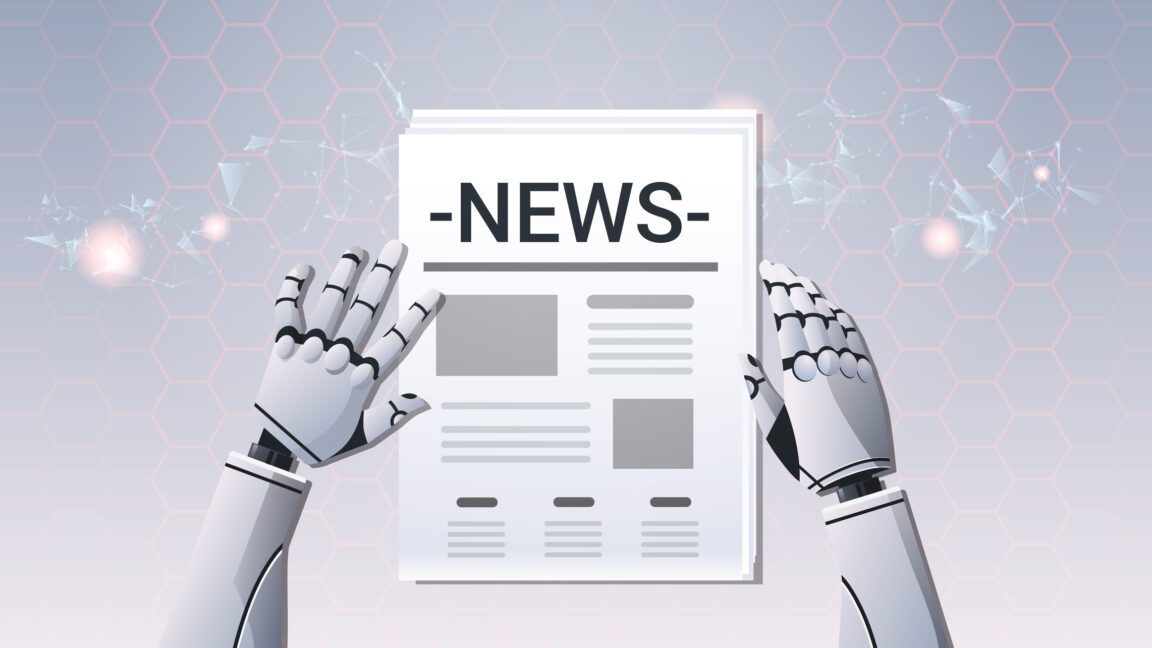Microsoft updates Copilot with the greatest hits from other AIs
As it marks its 50th anniversary, Microsoft is updating Copilot with a host of new features all at once that bring it more in line with alternatives like ChatGPT or Claude. The AI assistant, which uses many OpenAI models, now supports memory, personalization, web-based actions, podcast creation, camera and screen analysis, deep research, and even […]


As it marks its 50th anniversary, Microsoft is updating Copilot with a host of new features all at once that bring it more in line with alternatives like ChatGPT or Claude. The AI assistant, which uses many OpenAI models, now supports memory, personalization, web-based actions, podcast creation, camera and screen analysis, deep research, and even more.
With Memory, Copilot will now be able to keep track of your preferences, interests, and details like your birthday, and use the information to tailor responses and advice or make proactive suggestions. Microsoft says that users can choose what information they want Copilot to remember, or opt out entirely.

It’s part of an ongoing effort to make Copilot more personal. Microsoft says that the company is “early in this thinking,” but that “soon” you’ll be able to give Copilot a personalized appearance. Will that include the option to have it take on the form of inanimate objects like — and I’m really just spitballing here — paperclips? Only time will tell.
“Copilot is more than an AI, it’s yours,” says Microsoft AI CEO Mustafa Suleyman. “Each will have its own unique style and blend of attributes that distinctly suit each and every one of us.”
Beyond personalization, Copilot is getting more powerful. A new Actions feature gives the AI the ability to carry out tasks using a web browser, similar to OpenAI’s Operator agent or Amazon’s recently announced Nova Act model. Microsoft suggests it could be used to book show tickets, reserve restaurants, and make purchases, especially when combined with new shopping functionality that sees Copilot research products and look for discounts and sales.
Copilot Vision, which began rolling out in the web tool in December 2024, is now expanding to the Windows and mobile apps. On Windows, Copilot will be able to “see” what’s on your screen across other apps and files to answer questions or interact with files and content, while on iOS and Android it will be able to discuss anything that’s visible from your phone camera, or the photos in your camera roll.

Deep Research allows Copilot to analyze large numbers of documents or online sources for complex projects, and its research abilities are being integrated with Bing to deliver AI-powered responses inside the search engine. Like other AI tools, Copilot can also now use its research to generate podcast-style audio to explain a topic, while a new Pages feature allows it to organize notes and research across documents into a single canvas.
Microsoft says that many of the new features are rolling out starting today in “initial versions,” and improving “in the coming weeks and months,” with availability varying by feature, platform, and market. None of these features are firsts — ChatGPT added memory features last year, Google Gemini has a vision mode, and absolutely every AI company wants to build personalized AI agents — but adding them all at once shows that Microsoft is committed to keeping up with the competition, not to mention getting the most out of its investment in OpenAI.

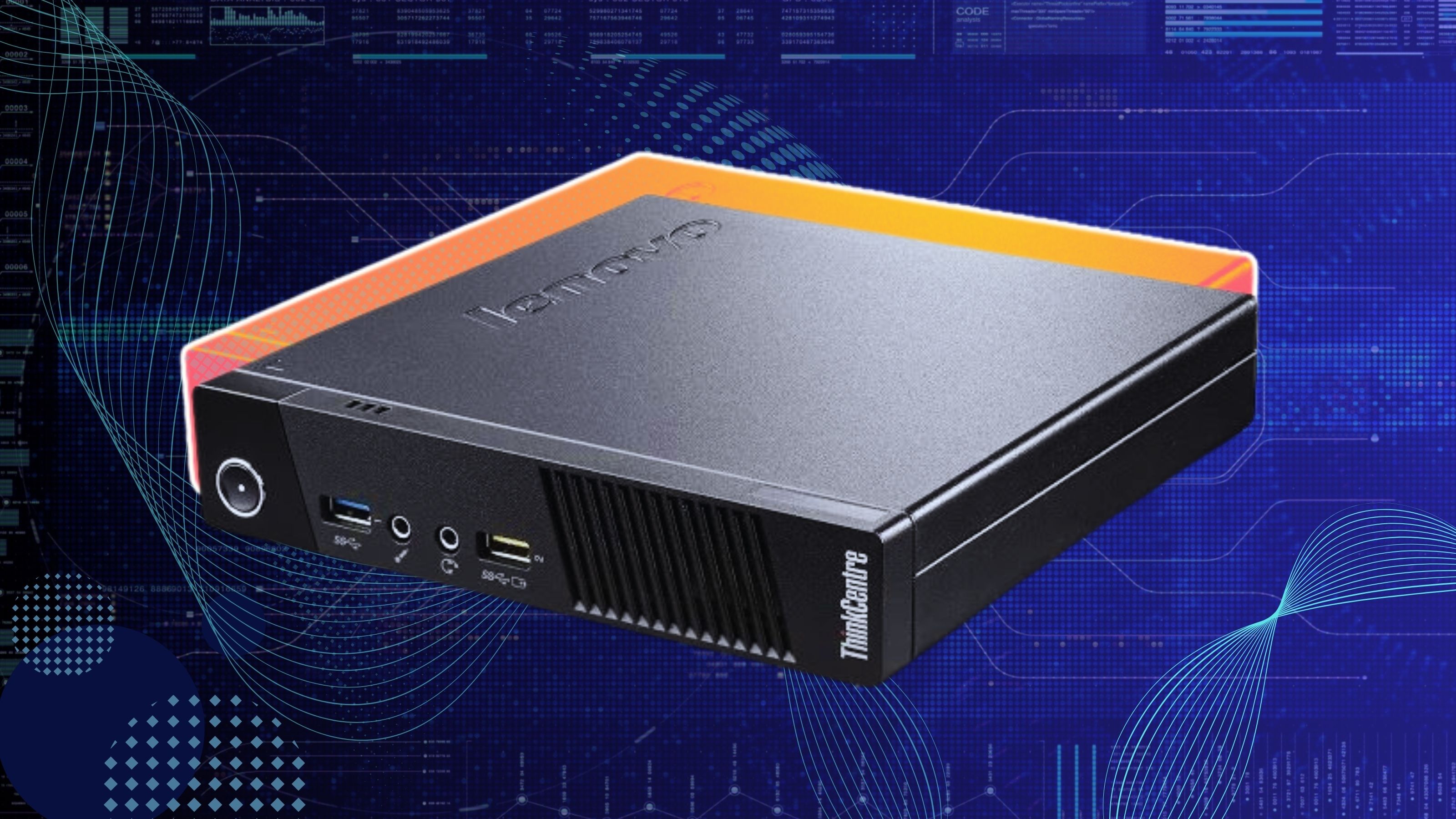





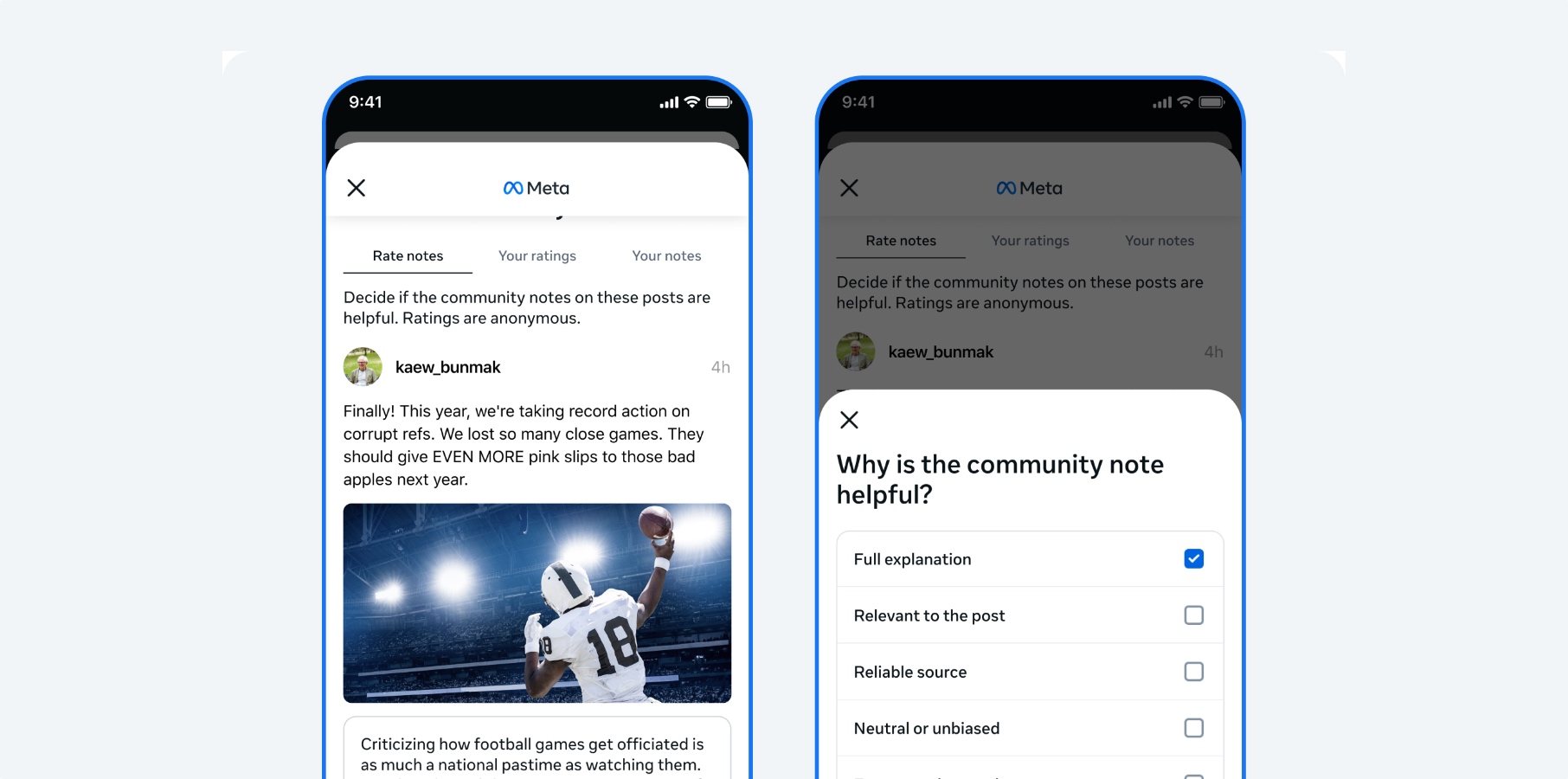


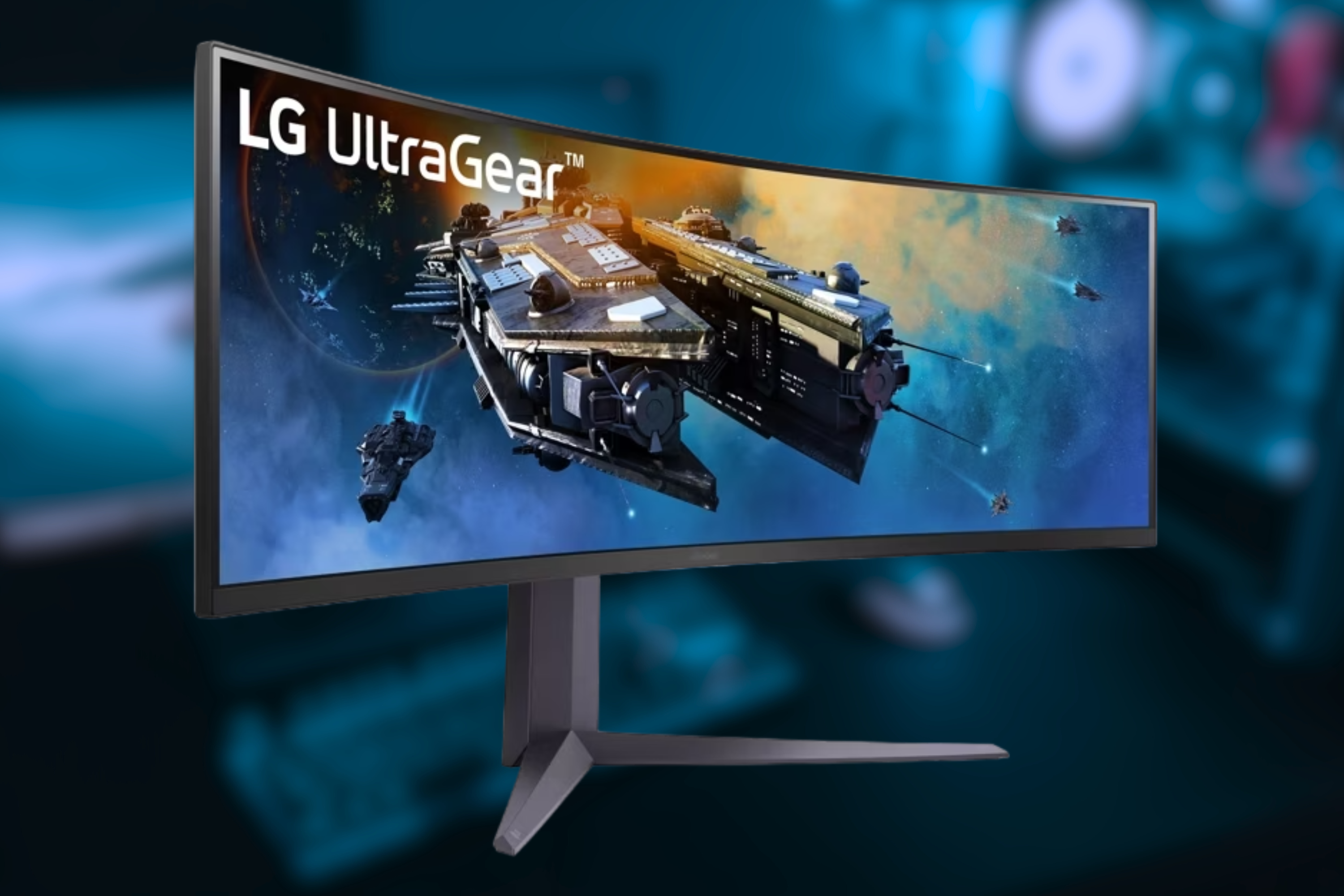
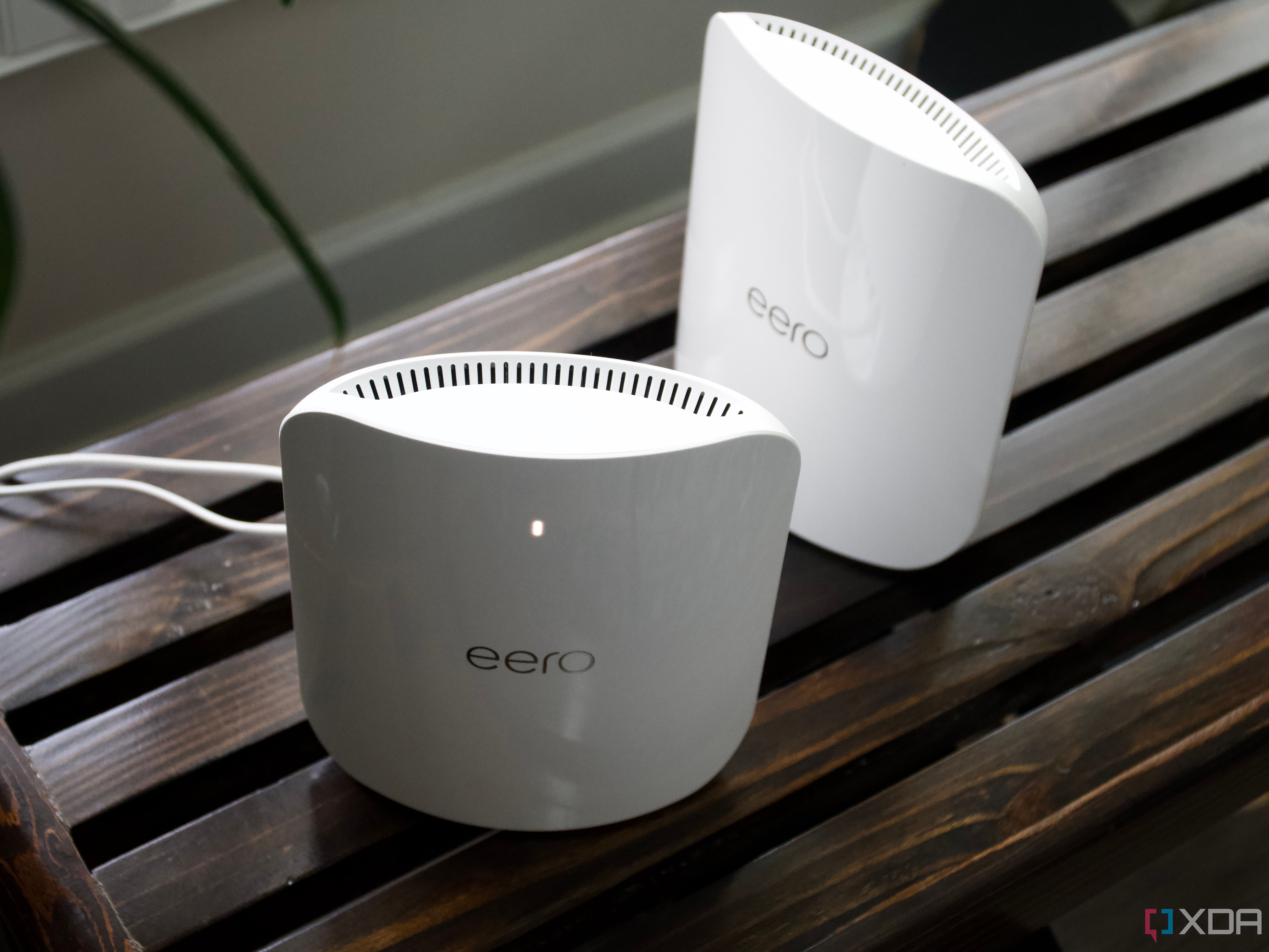














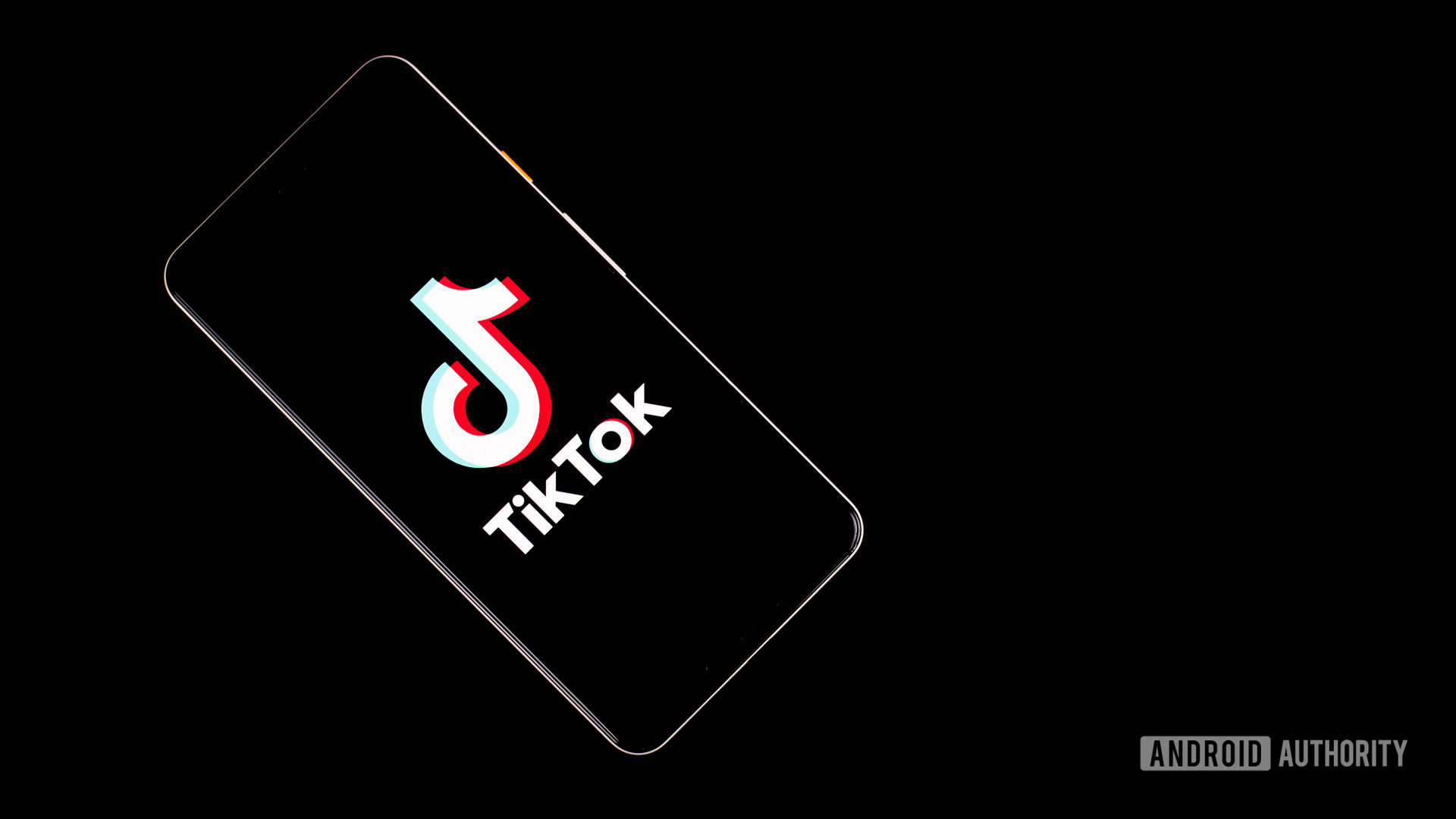
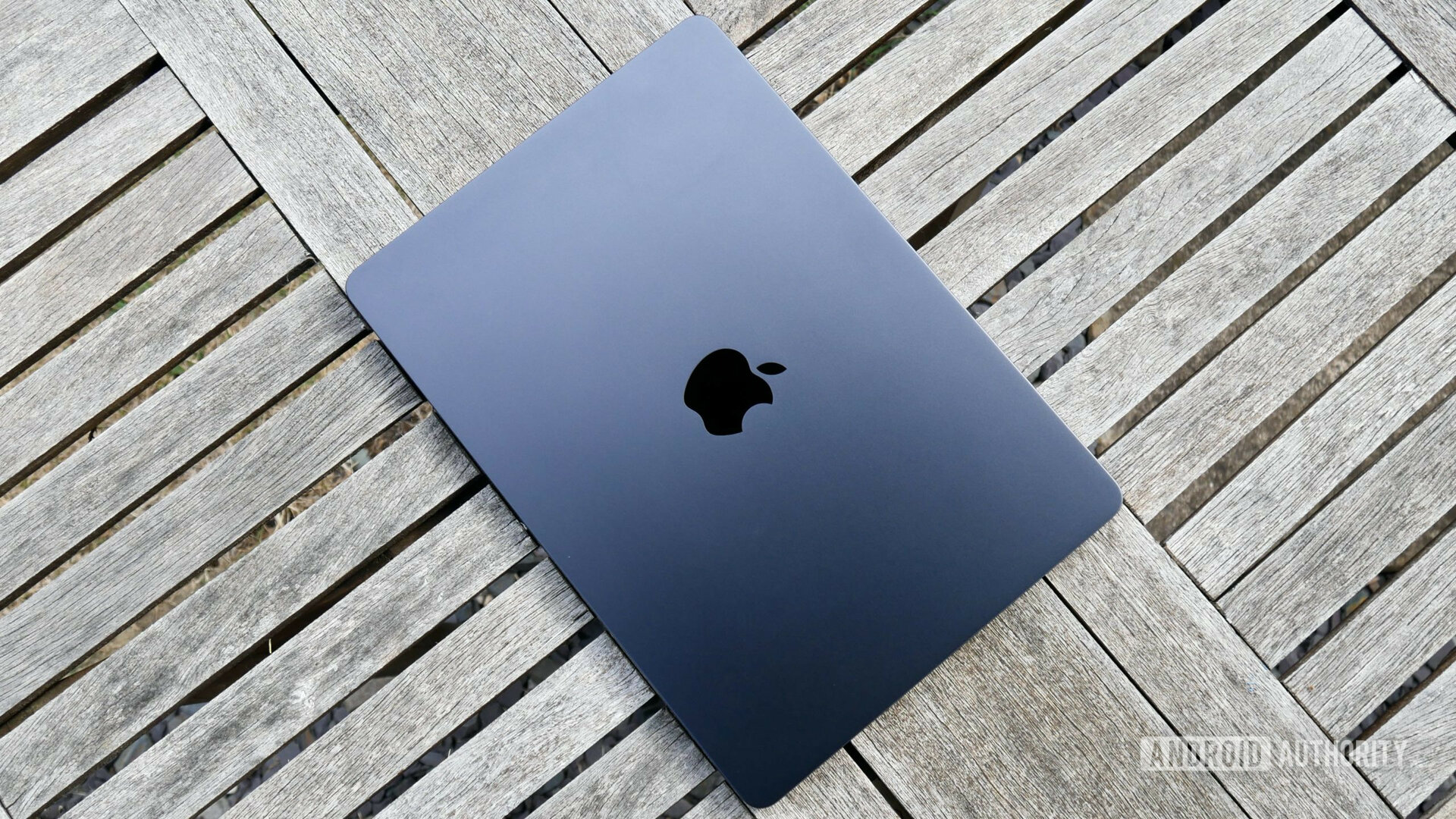
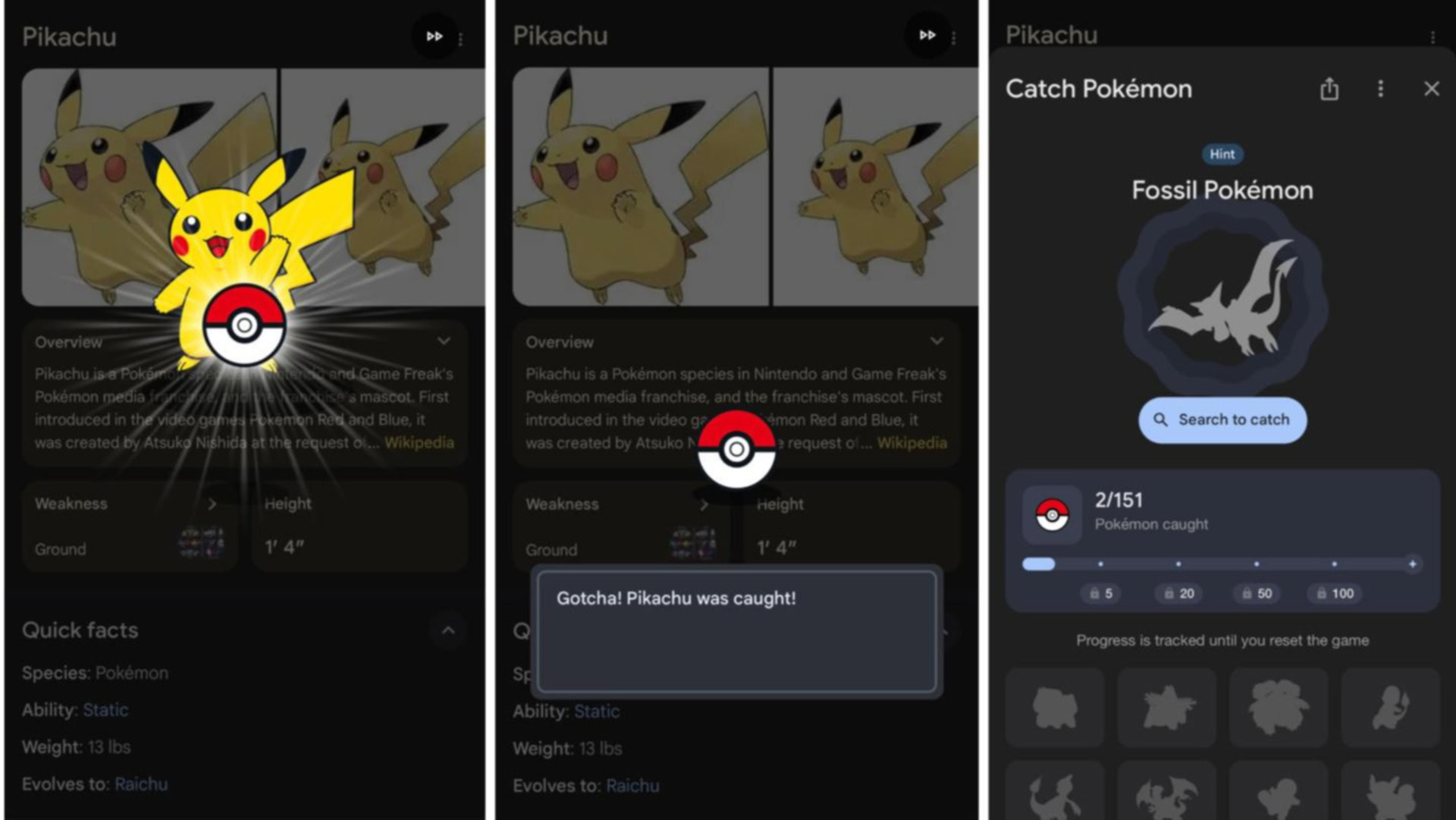


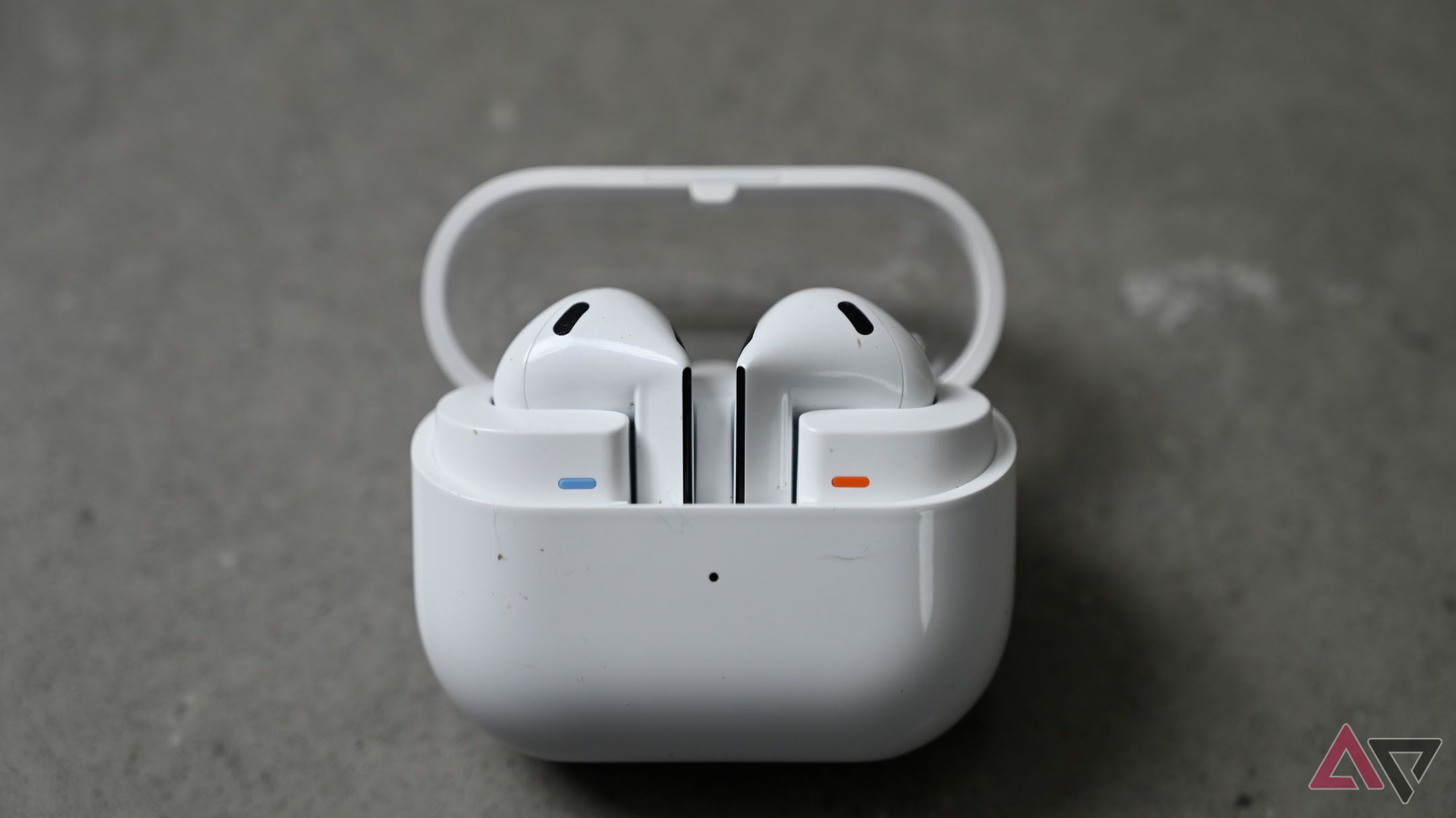
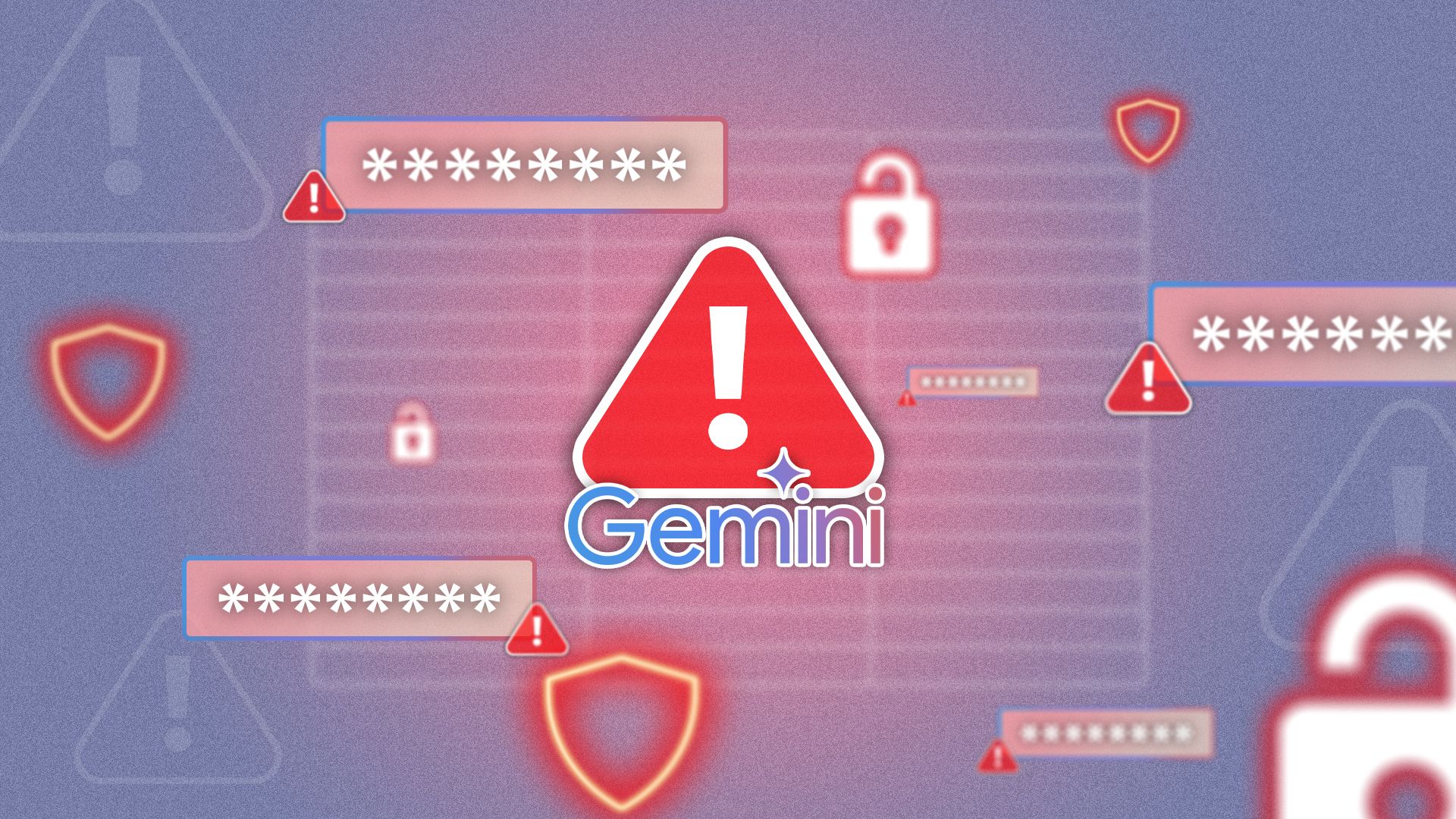
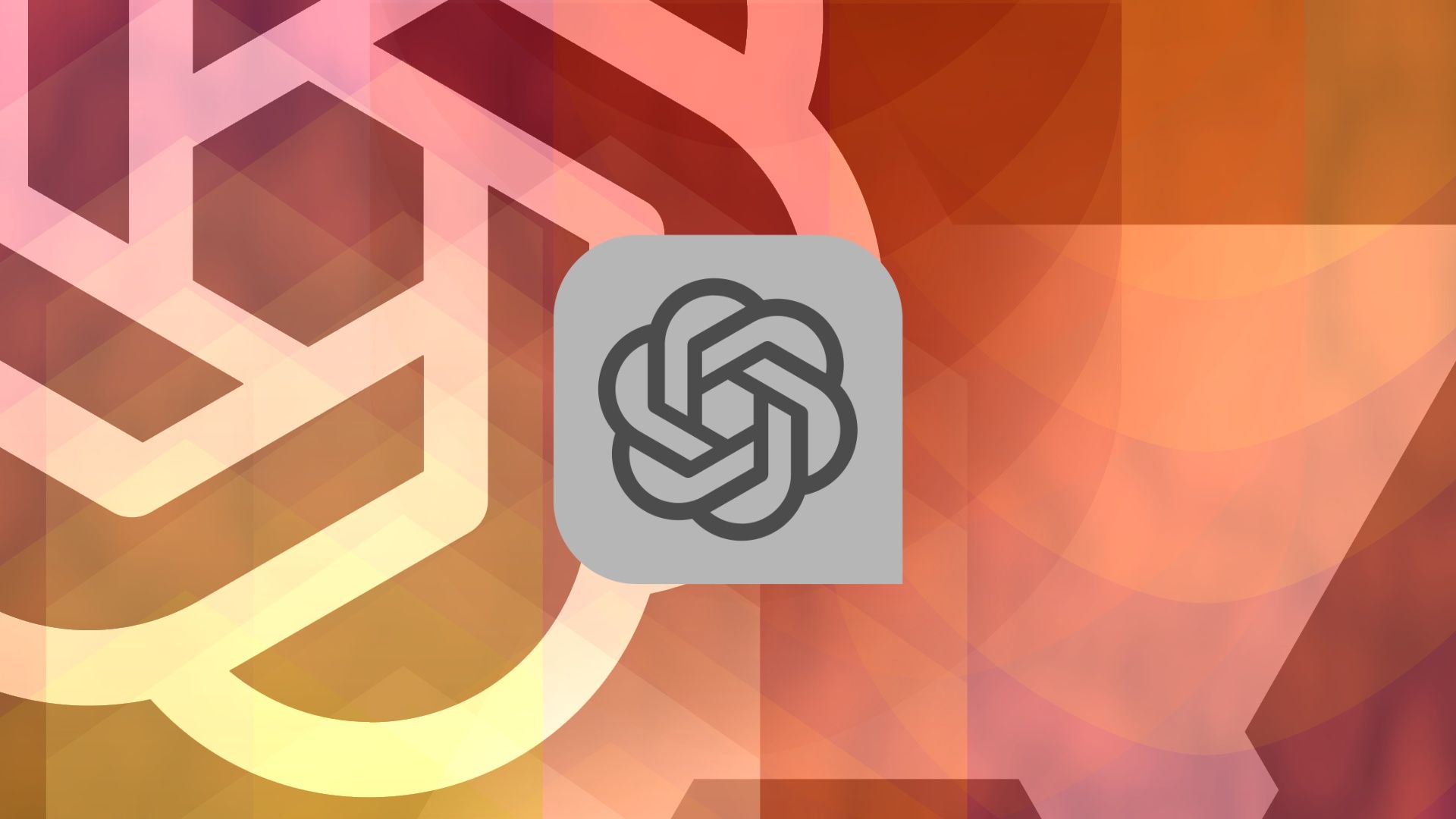



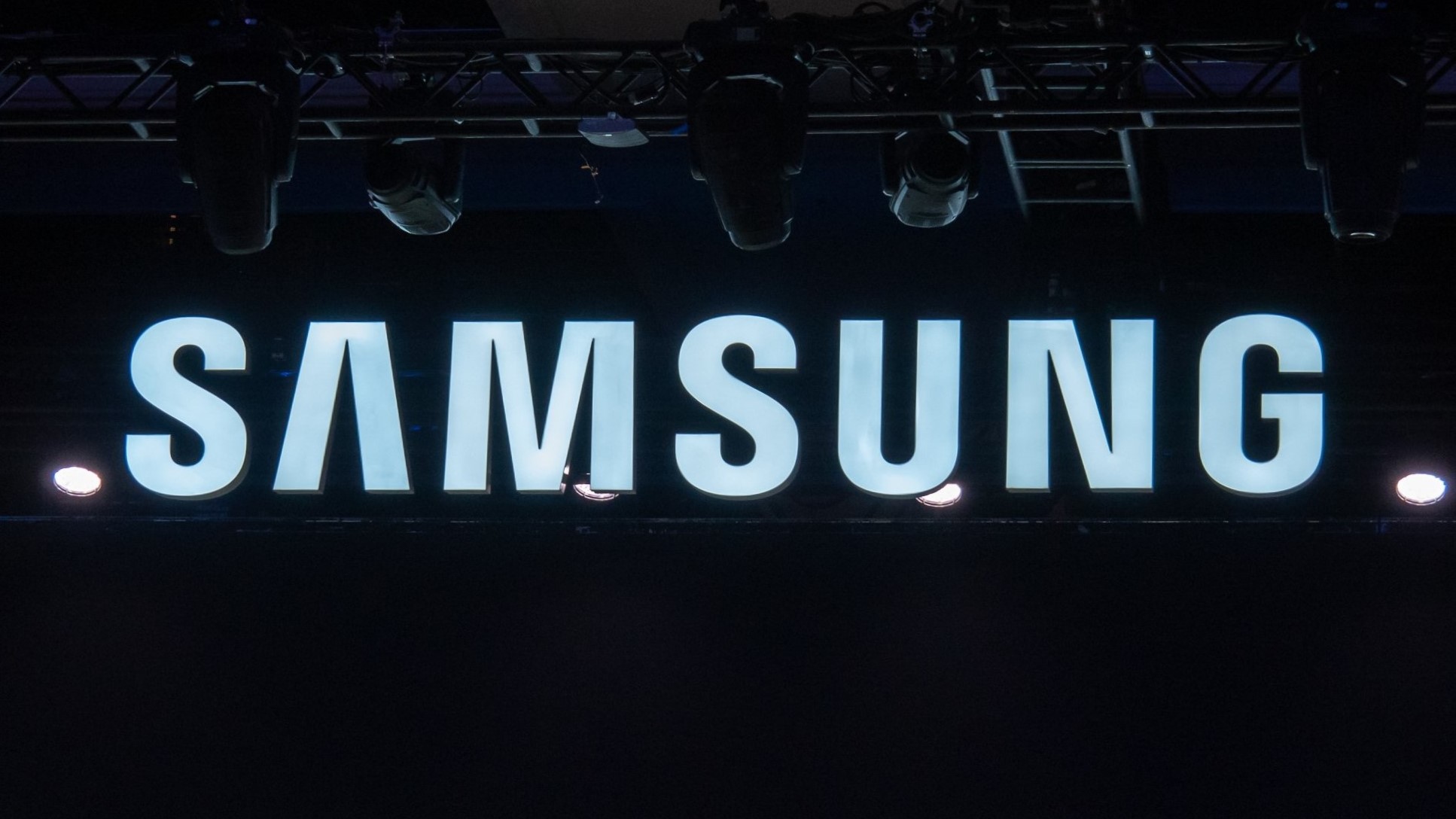




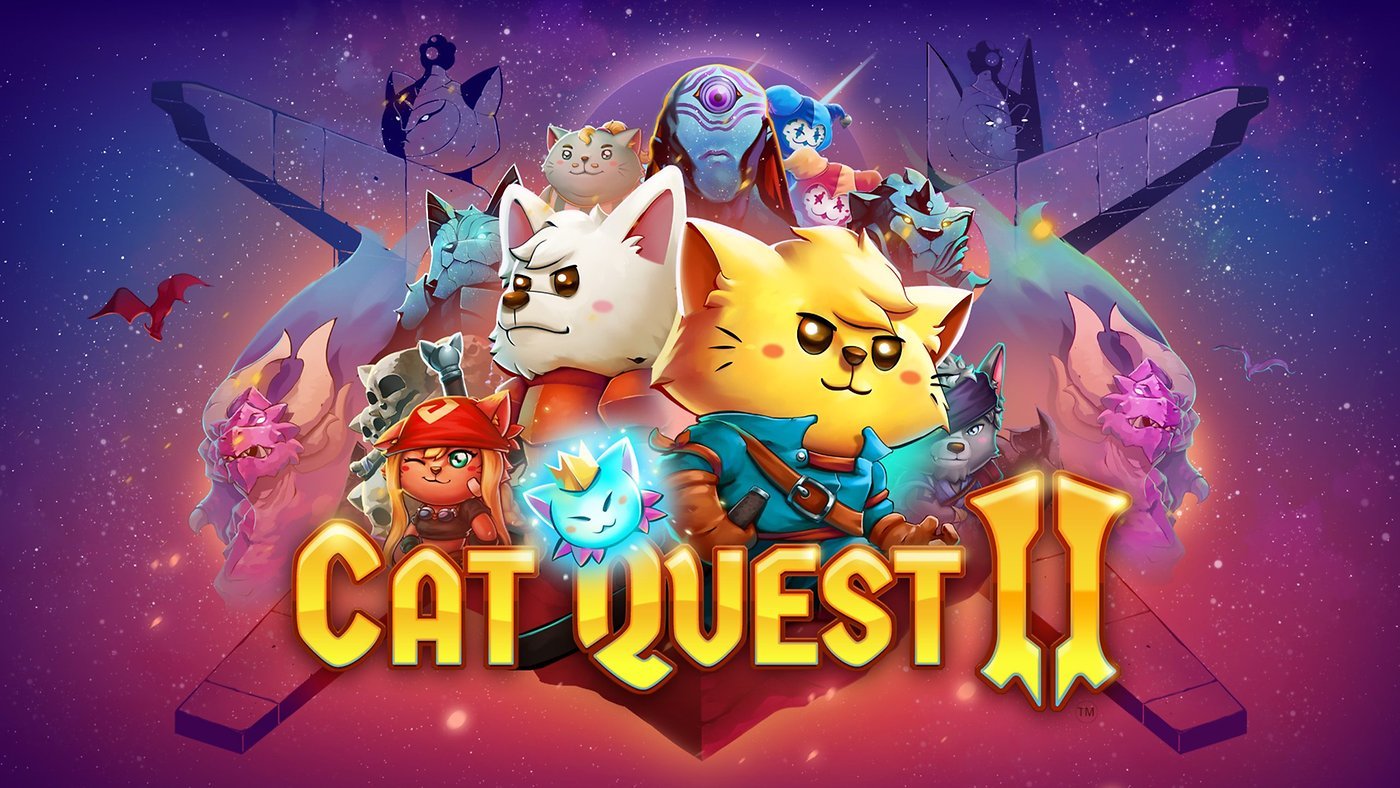

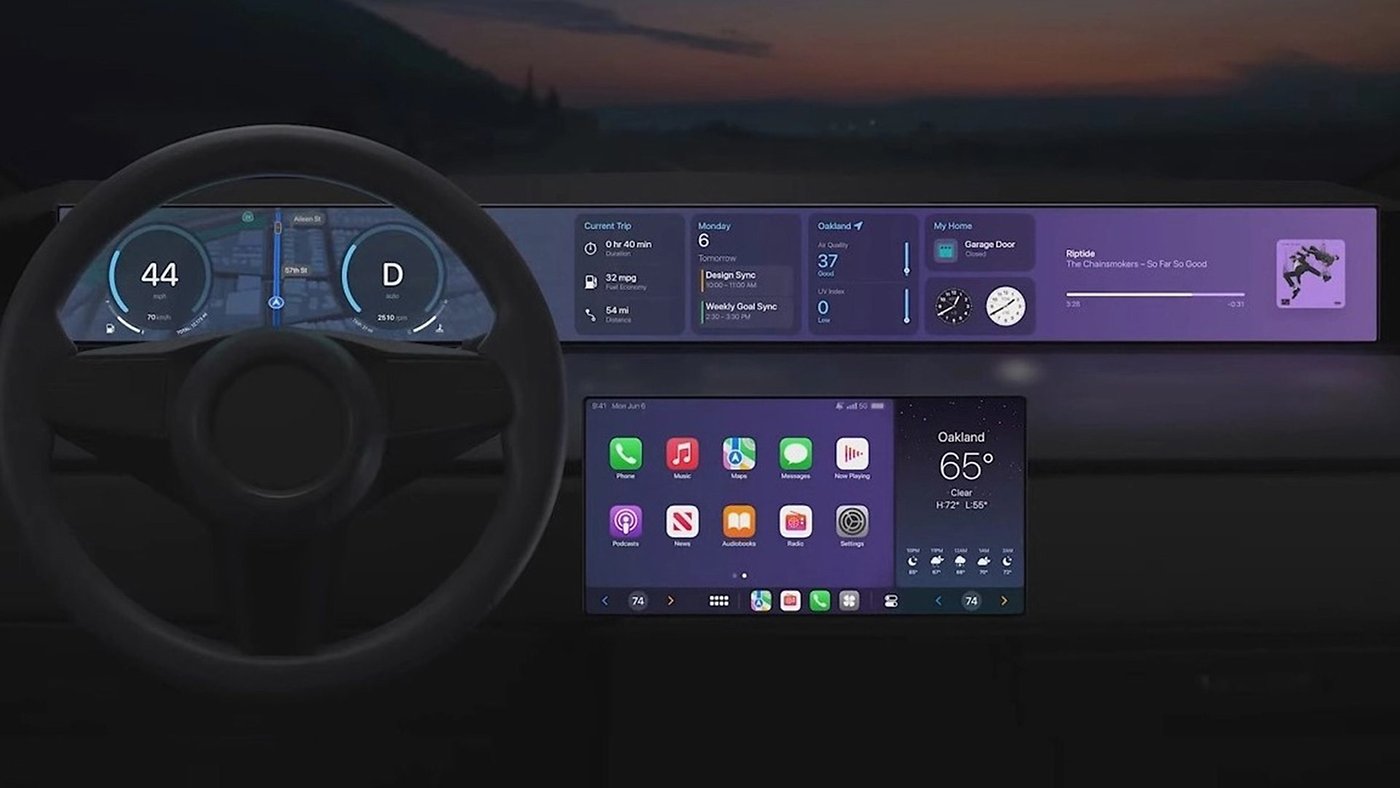
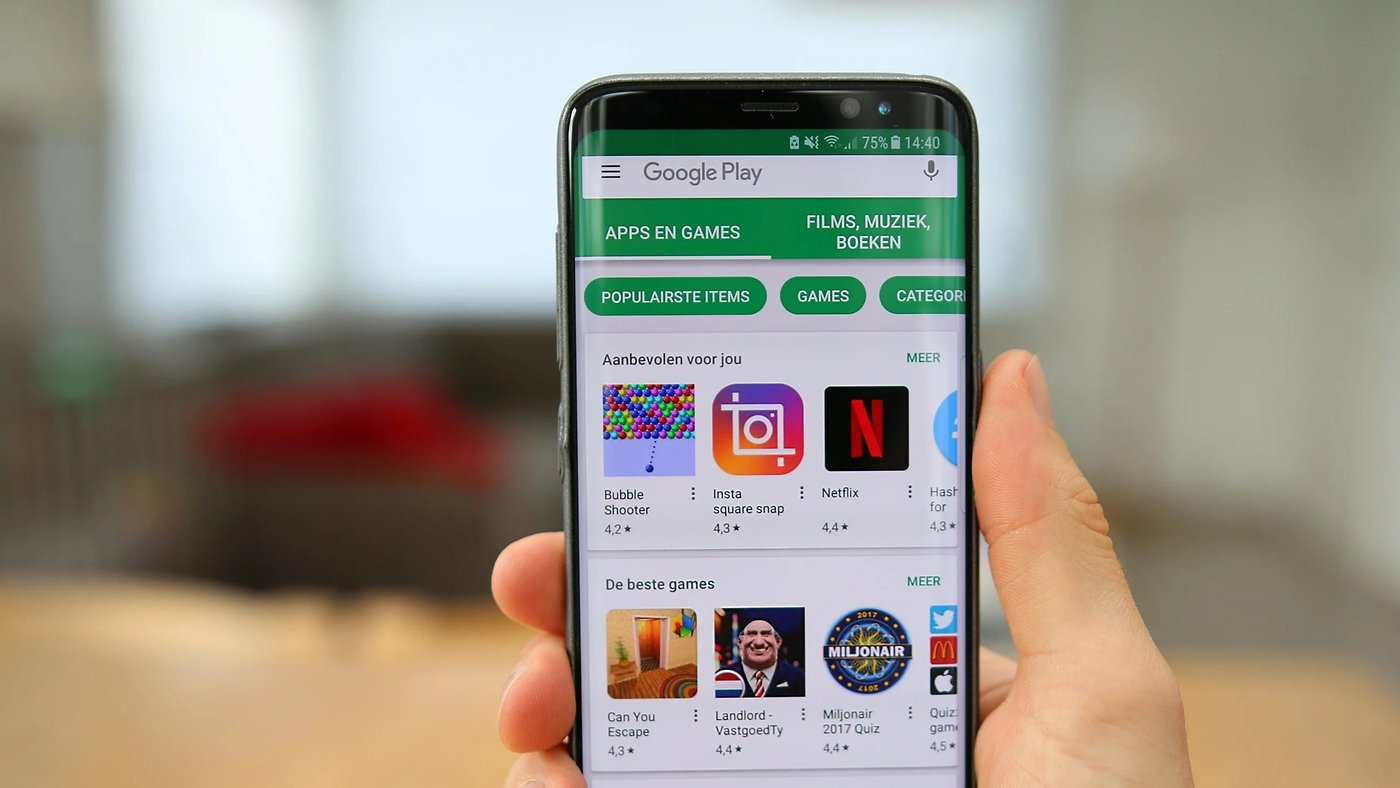









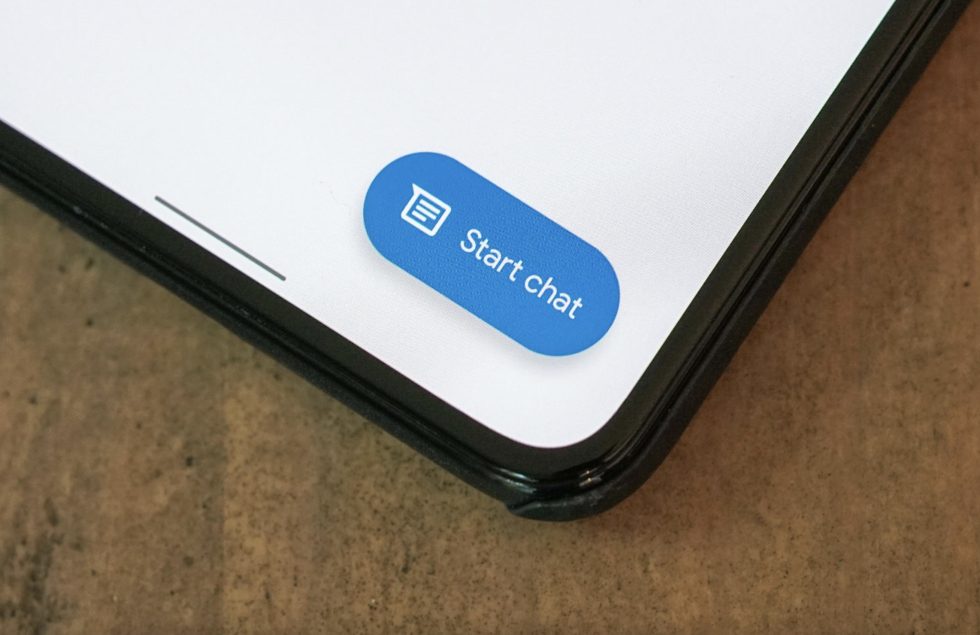
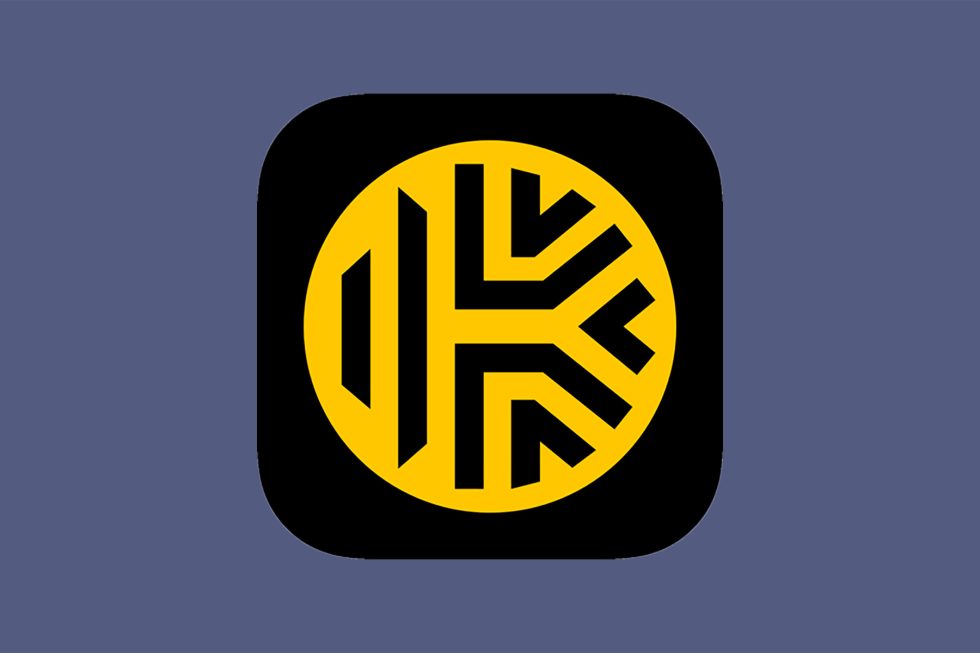




















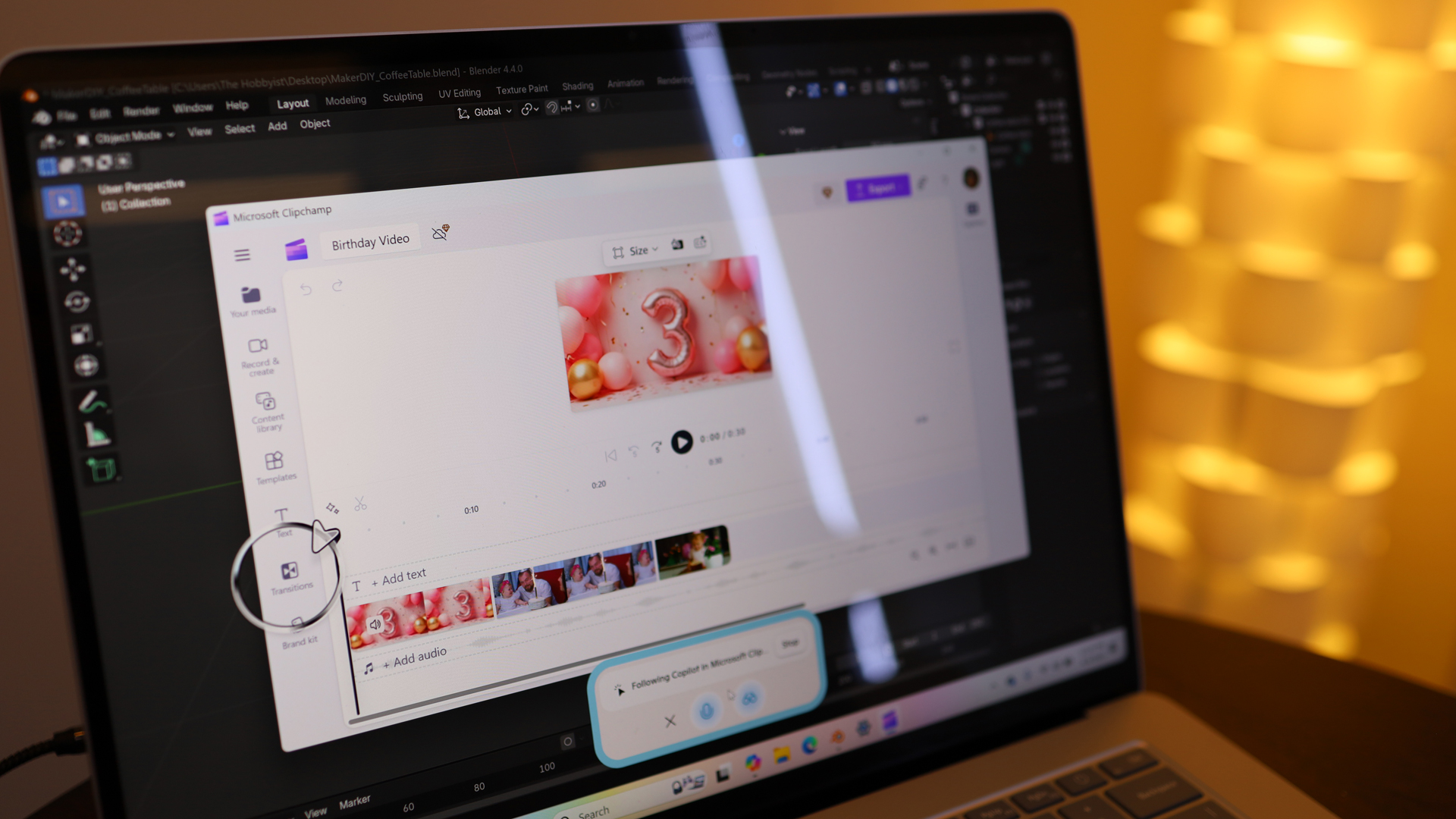

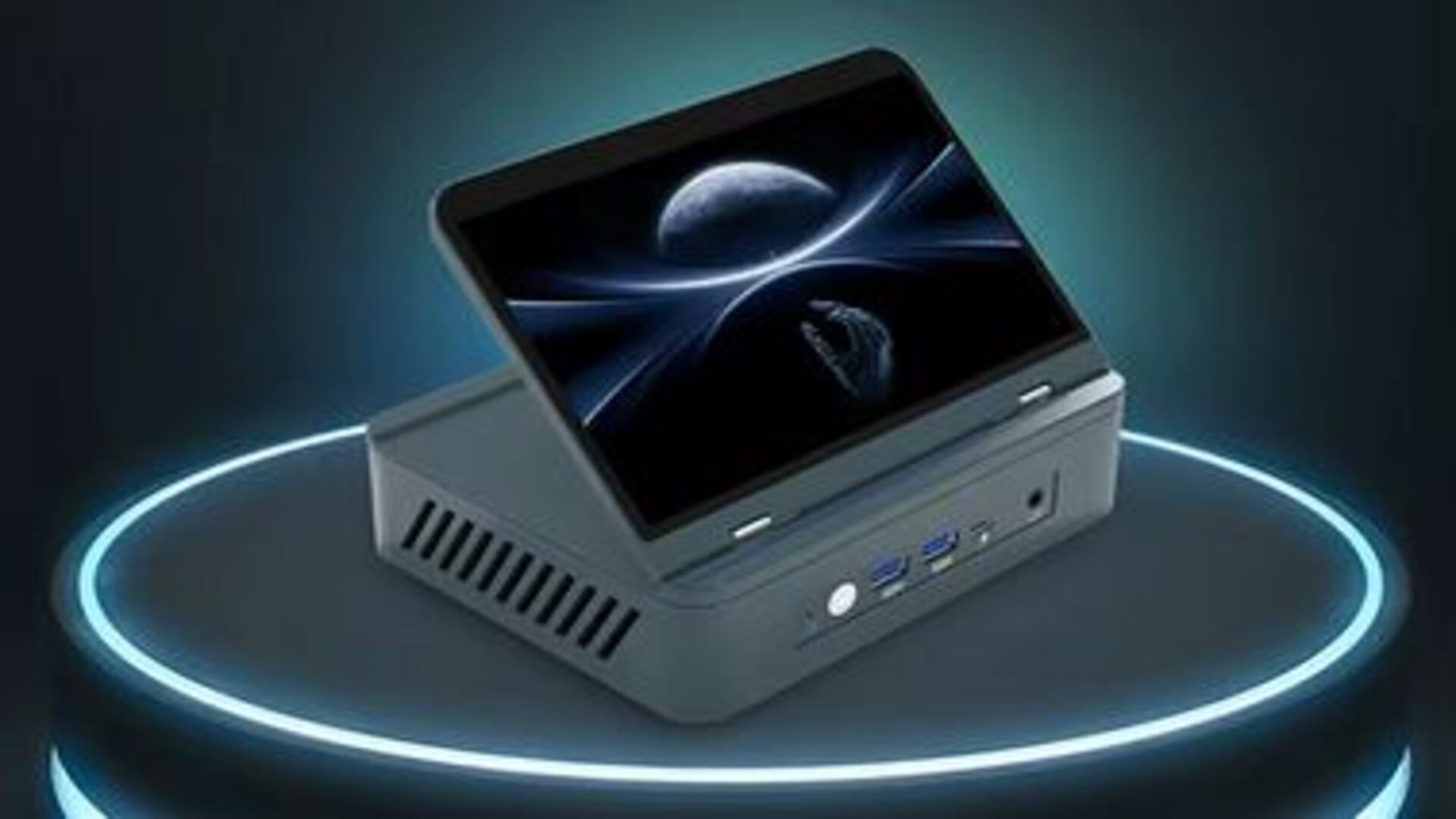





































.jpg)
%20Abstract%20Background%20112024%20SOURCE%20Amazon.jpg)








